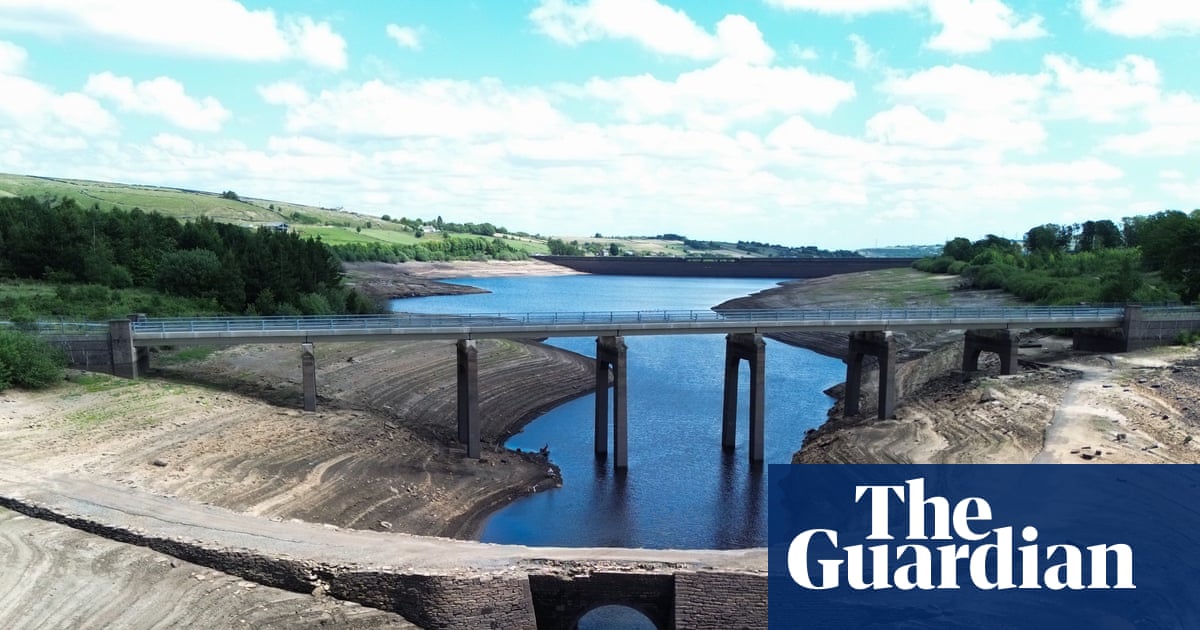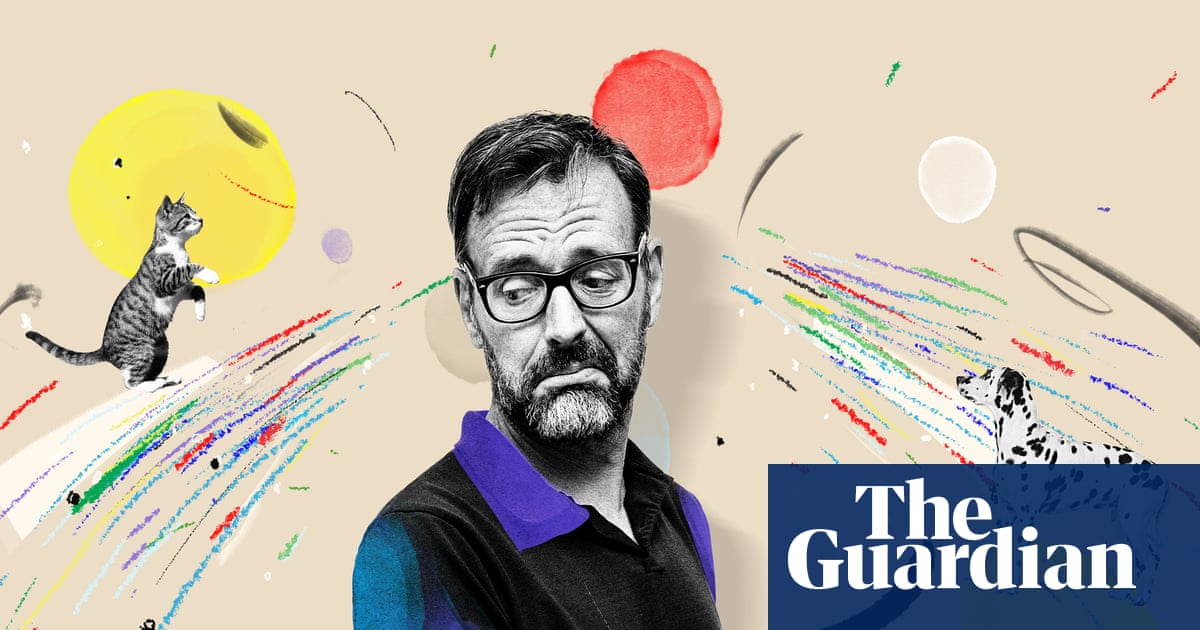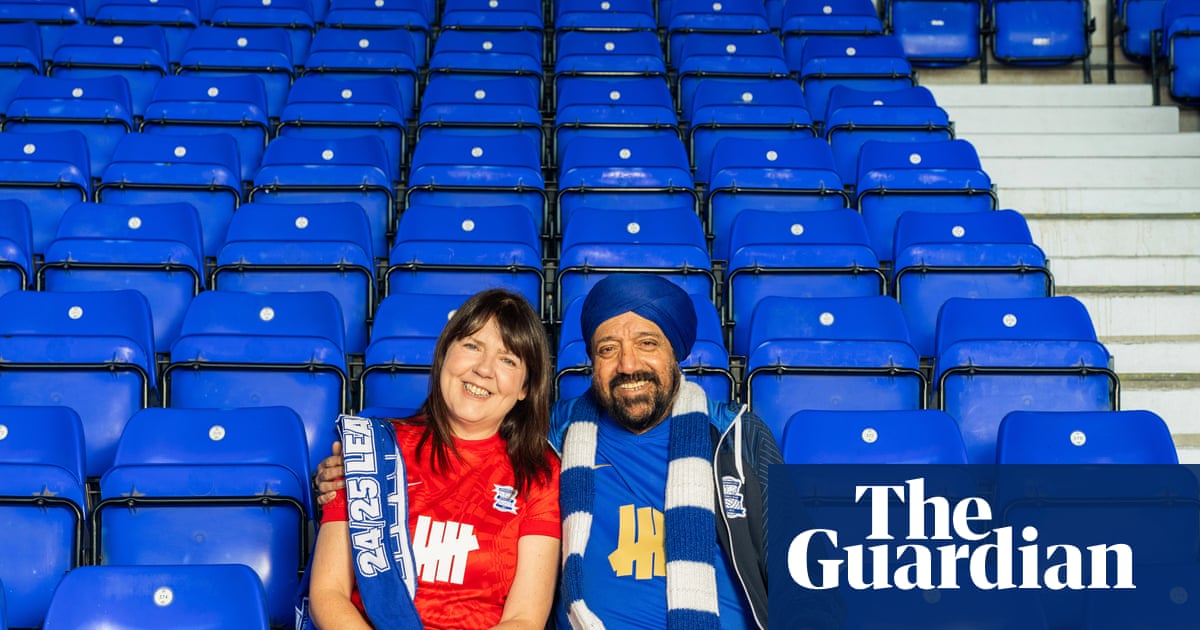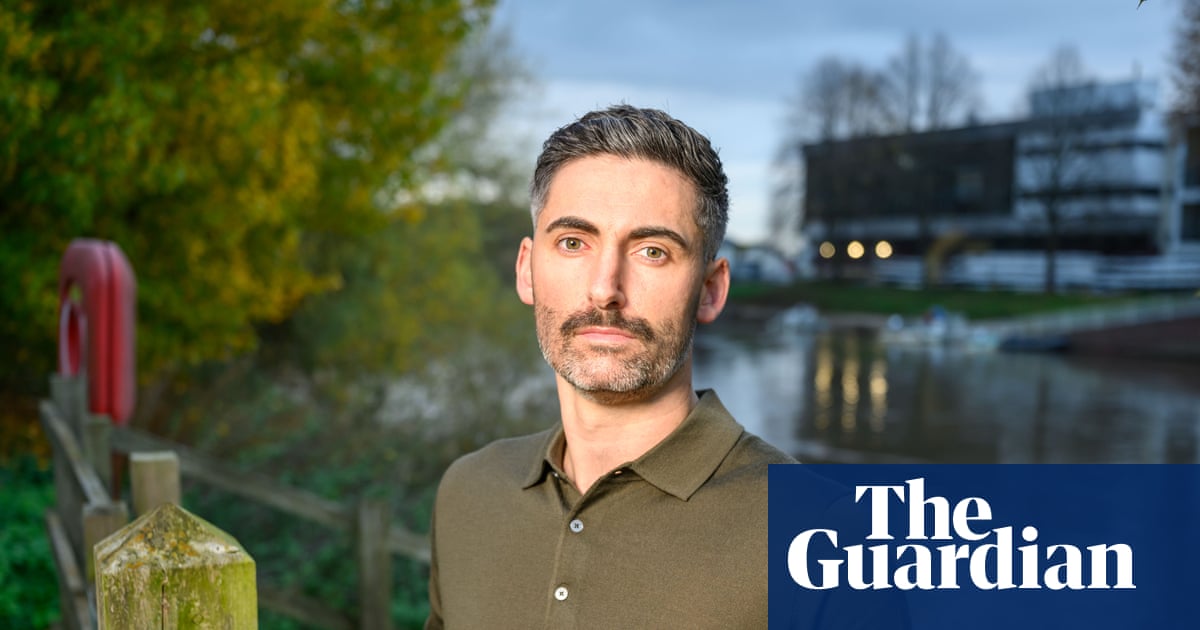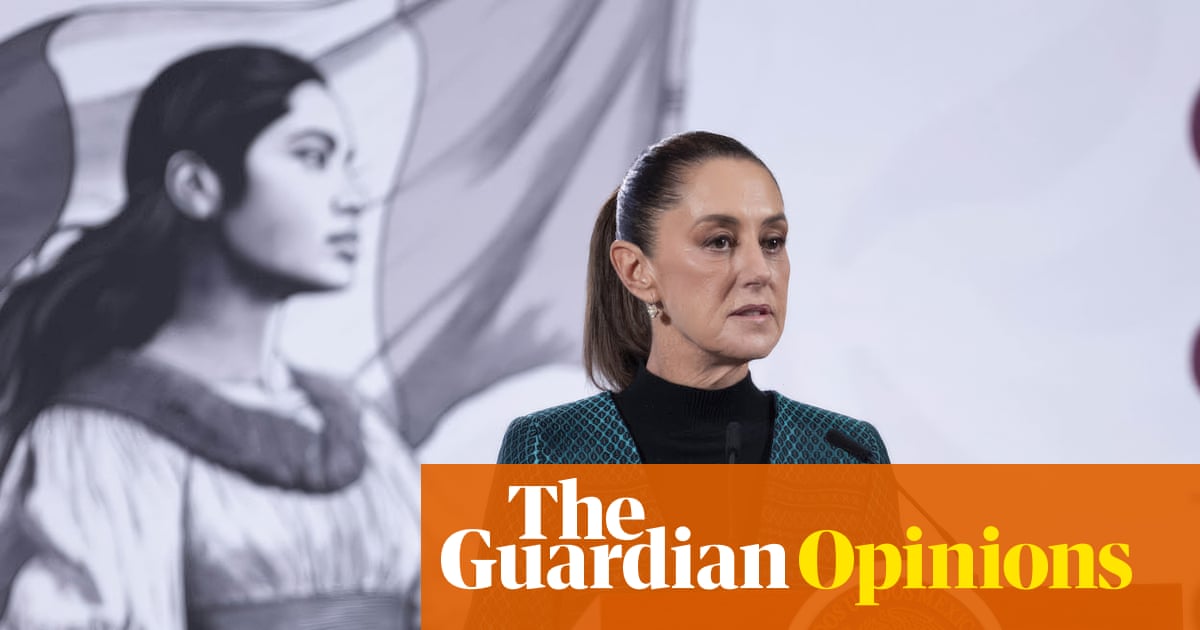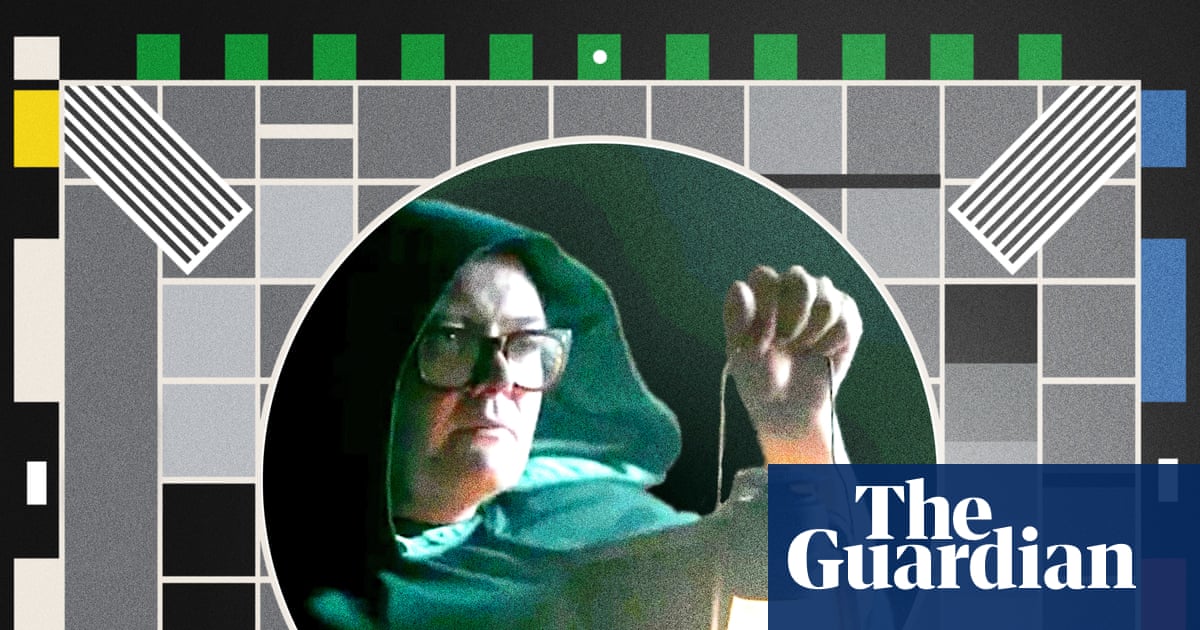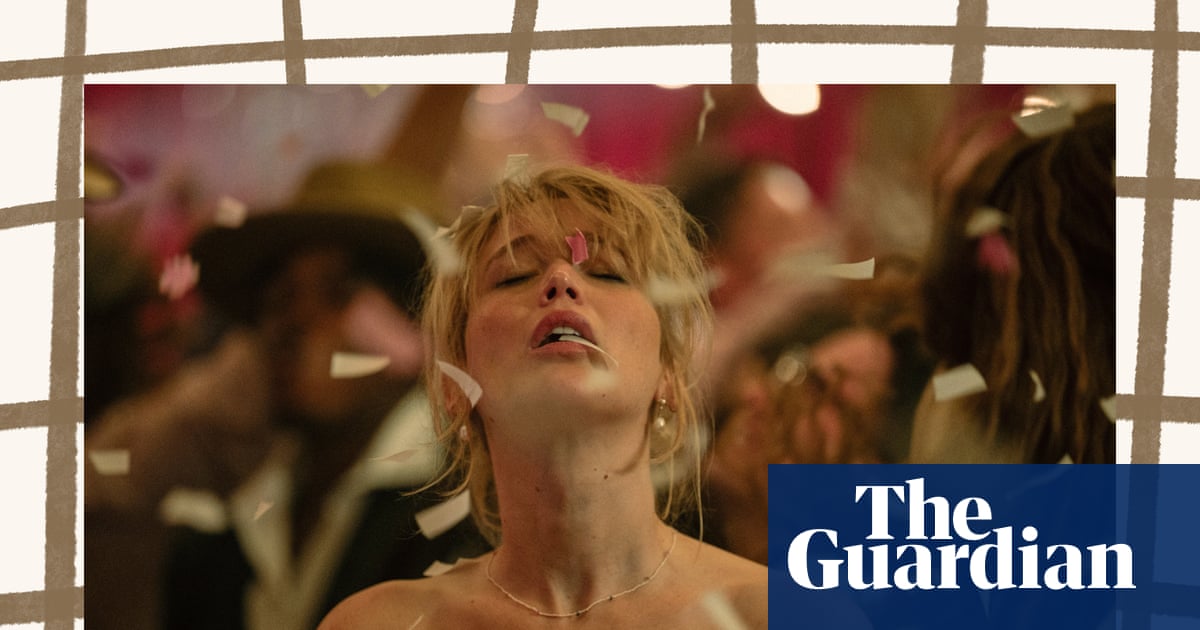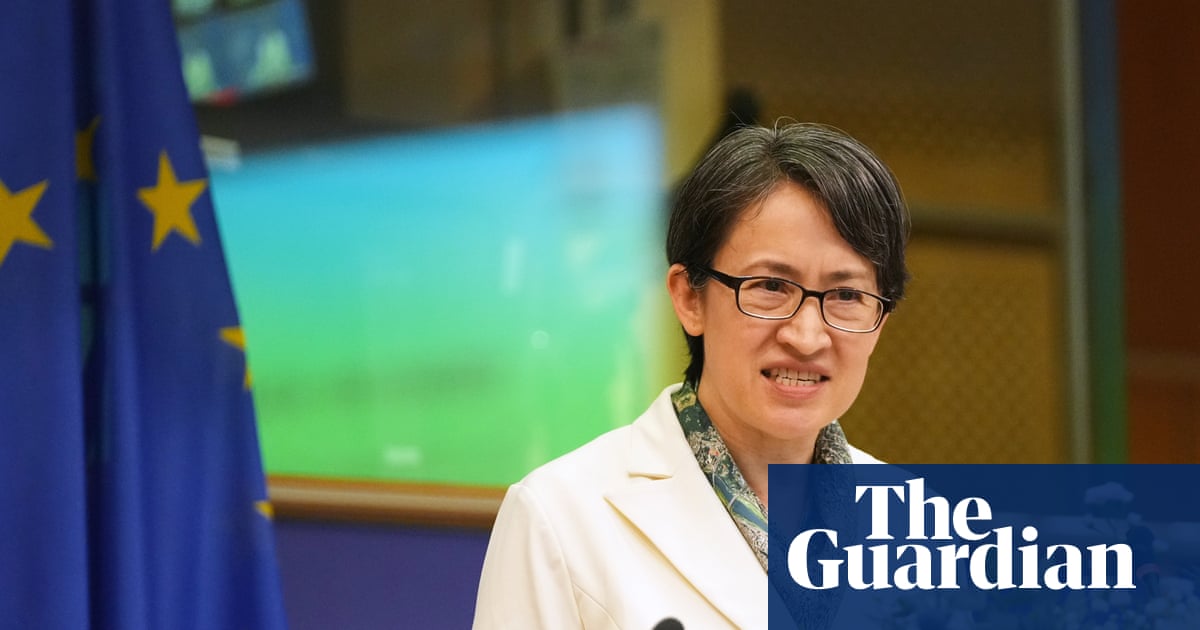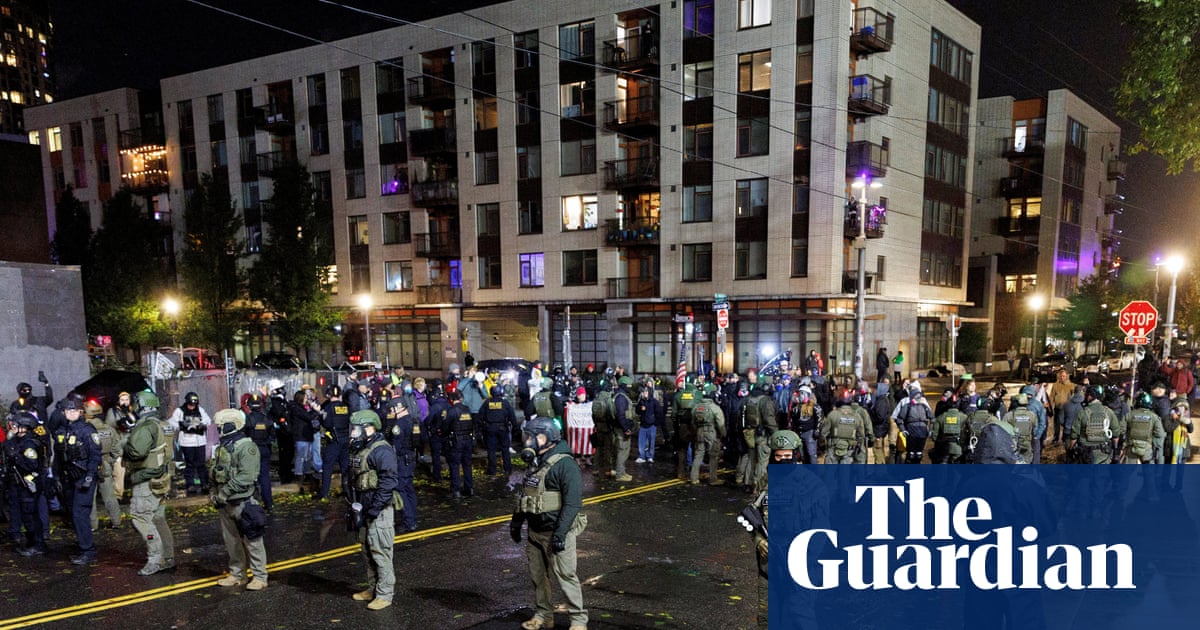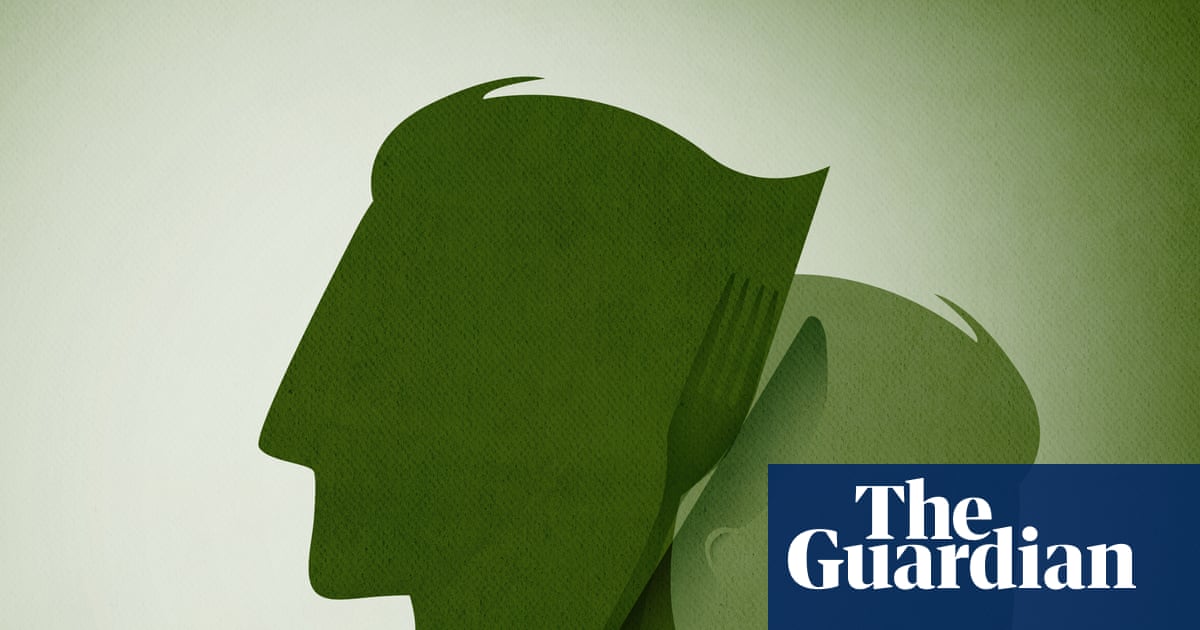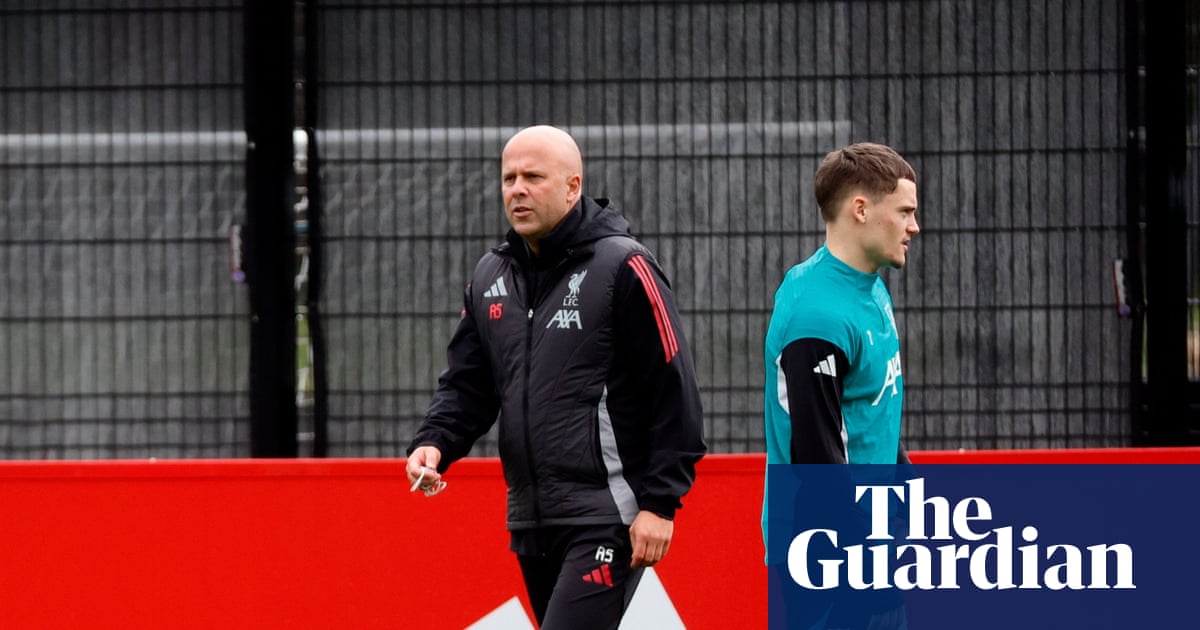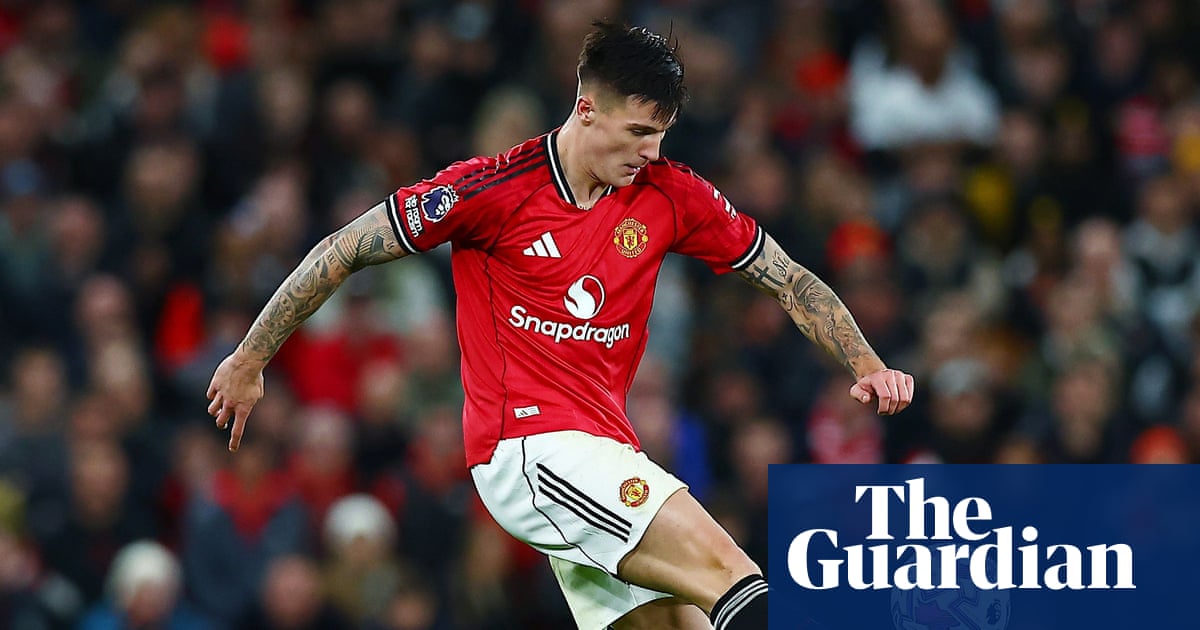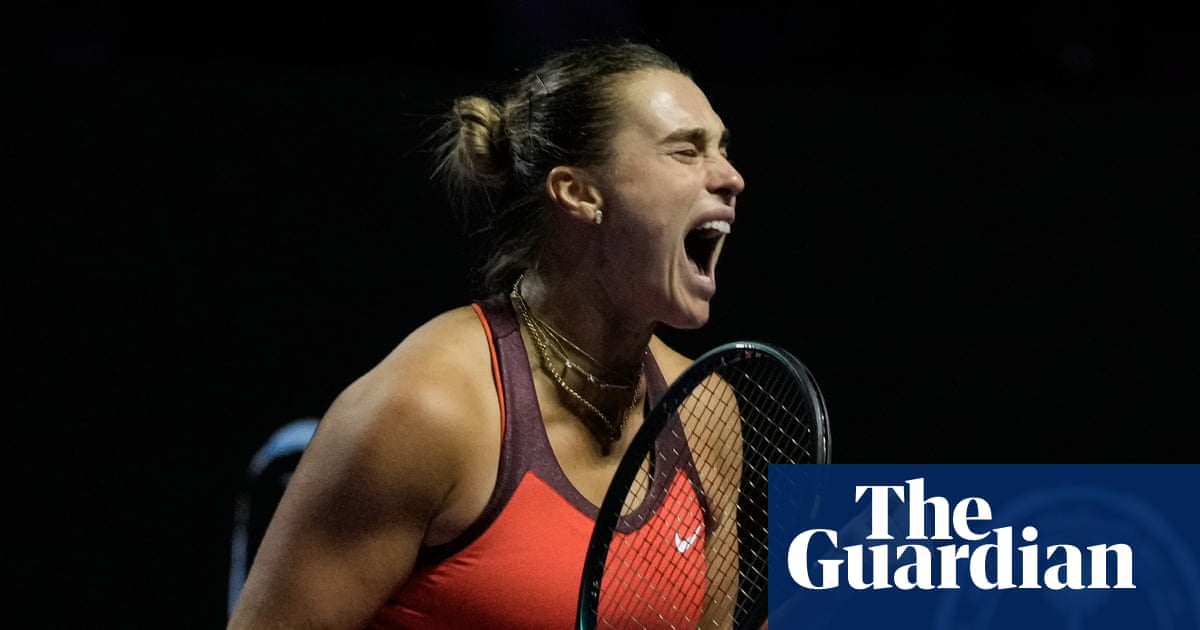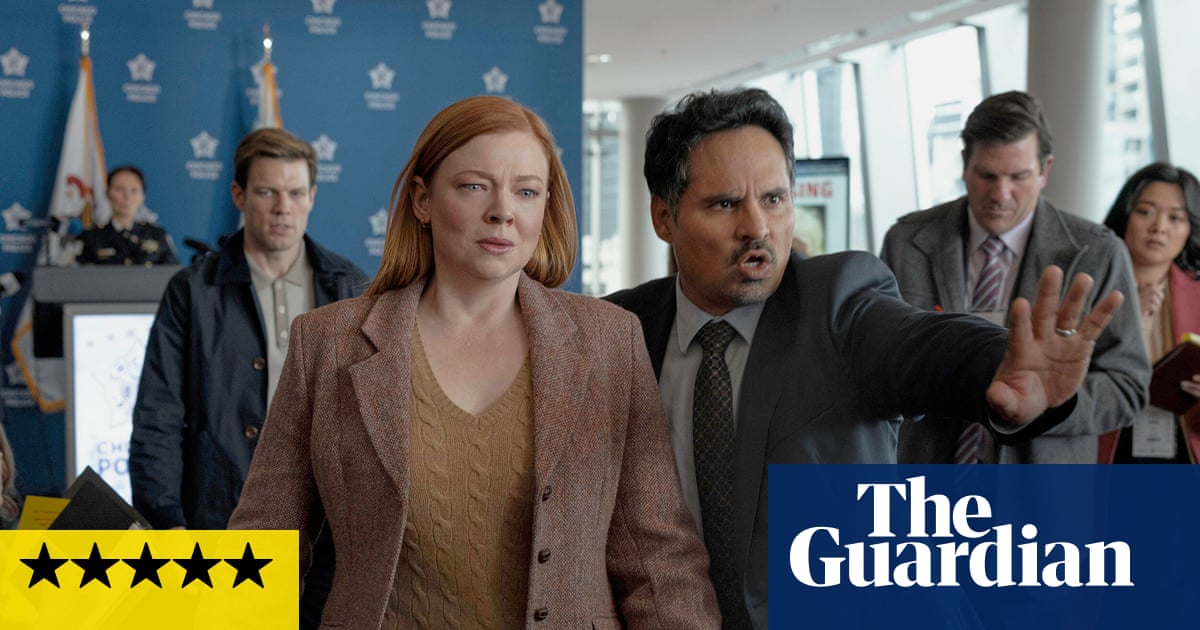I’ve been putting this off for years, but the recent Live Aid nostalgia has pushed me over the edge. We’ve all had the debate in the pub about the greatest sporting year – no, just me then? – so I’m here to argue the case for 1985. After 40 years, it is time to tell 1985 that I’m crazy for you.
There are, of course, many factors involved when it comes to picking your favourite sporting year. Allegiance matters. Therefore, Manchester United winning a treble, Europe collapsing in the Ryder Cup and Australia winning two World Cups means I don’t want to party like it’s 1999. Yet pushing all this irrational stuff to one side, there can be no doubting the credentials of 1985.
Yes, it was a year when I didn’t have a care in the world. Approaching the ripe old age of 10, I felt as if I spent that summer walking on sunshine, even if the weather was often dreary. It’s easy to romanticise the past but hopefully the stories below dismiss the notion of all of this being wistful tosh.
The black ball final
Where to begin with the year that Marty McFly was so desperate to get back to? Approximately 12.23am on the morning of 29 April at the Crucible and the black ball final between Steve Davis and Dennis Taylor.
Davis, a three-time world champion racing into an 8-0 lead against Taylor, the lovable Irishman with the unusual glasses. The comeback of all comebacks. The final frame, the final black. Ted Lowe’s simple exclamation of “no” as Davis fluffed his chance. Approximately 18.5 million watching on BBC 2 as Taylor celebrated and his local community were dancing in the street.
It was a fine year for Northern Ireland in sport. Barry McGuigan boxed four times in six months, winning the world featherweight championship and the BBC Sports Personality award. The national football team also qualified for the World Cup, something they have not managed since.
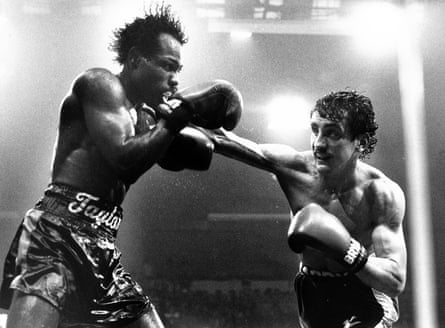
Cricket, lovely cricket
Timing is everything. If I had stumbled on cricket in 1989, I’m not sure I would have fallen in love with the sport so easily. If I was a Gen Z child, cricket might have passed me by completely. But 1985 provided the perfect ingredients.
Success in the Ashes helped. Admittedly these were not vintage England and Australia teams, but winning the urn got me hooked on the sport, and from this point on I was trapped. That first summer, the joy of hearing Soul Limbo and listening to Richie Benaud, new heroes in Tim Robinson, David Gower, Allan Lamb, Ian Botham and Richard Ellison. The Wayne Phillips incident.
It wasn’t just the Test match scene that we could cherish in 1985. Most summers in the 1980s seemed to involve a nail-biting one-day final or two, with the 1985 NatWest Trophy final a fine example. Give me this any day over the tournaments we now have to endure every August.
Ending the drought
A wise man once said that timing is everything. I thought I was lucky enough to experience Seve Ballesteros winning at St Andrews for my first Open Championship in 1984, yet 12 months later Great Britain’s search for a champion golfer ended with Sandy Lyle’s triumph at Sandwich. And there was more to come.
The Ryder Cup had been on the road to nowhere for decades before the introduction of European golfers in 1979 gradually turned the tide. At the Belfry in September 1985, 28 years of hurt ended as Sam Torrance sank the winning putt to seal Europe’s victory. And like any young sports fan, I jumped on this glorious bandwagon.
Things would never be the same again. Europe’s win in 1985 helped to create the great event we see today. As we move closer to the 2025 Ryder Cup and Americans asking for appearance money, you may think 1985 has a lot to answer for. But those three days at the Belfry were glorious.
Teenage kicks
Before Wimbledon 1985, my only real interaction with tennis had been viewing clips of John McEnroe moaning at umpires during tournaments, the “you cannot be serious” shout a favourite of many impersonators at the time.
Viewing Wimbledon for the first time, I fully expected McEnroe to win the tournament again. What I didn’t cater for was a 17-year-old unseeded German arriving on the scene, playing tennis that seemed to be years ahead of its time.
Boris Becker had won Queen’s in the run-up to Wimbledon, so those in the know may have been aware of his abilities. Yet watching the young German dive around Centre Court, playing keepie-uppies with a tennis ball, and going all the way at Wimbledon added to that amazing sporting summer.
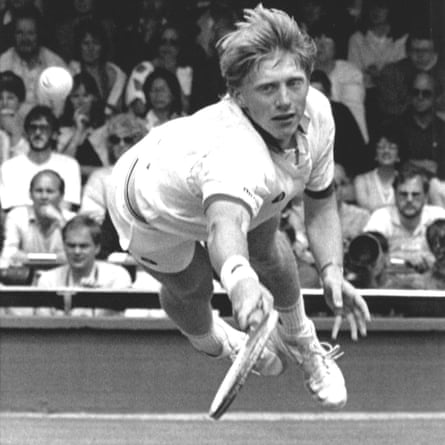
The boys in blue
I’m not going to completely bury my head in the sand. Not everything was perfect in 1985. Football was in a right mess. The horror of Heysel saw English clubs banned from Europe, with the tragedy of the Bradford fire highlighting the state of stadiums and disregard for fan safety. A TV blackout at the start of the 1985-86 season added to the despondency.
But a fine team still emerged from this year of darkness. Liverpool’s dominance was becoming boring to those outside Anfield, three consecutive league titles and three trophies in 1983-84 adding to their growing reputation. But the one trophy that got away in 1984 pointed the way to a new challenger.
Everton winning the 1984 FA Cup completed a remarkable change of fortunes under Howard Kendall, and the momentum behind his superb team continued. A stunning unbeaten run propelled the team to their first league title since 1970 and the European Cup Winners’ Cup. Sadly, the FA Cup final proved one match too many.
It takes a lot for football fans to appreciate a rival. But what a team. What memories. One of the finest goalkeepers to have ever played the game; the Derek Mountfield and Kevin Ratcliffe. defensive partnership; that midfield quartet of Kevin Sheedy, Peter Reid, Paul Bracewell and Trevor Steven; Goodison Park’s finest night. Even their appearance on Wogan cannot take away any of the love and pride Kendall’s team created for their supporters.
There’s more
Convinced yet? Well here are a few more memories as I completely drown in a sea of reminiscence. The classic Challenge Cup final; commentators such as Peter Alliss, Harry Carpenter, David Coleman, Barry Davies, John Motson, Ray French, Bill McLaren, Murray Walker, Richie Benaud, Sid Waddell, Ted Lowe, Brian Moore and Dan Maskell; A Question of Sport in its heyday.
Nigel Mansell winning his first Grand Prix in an era of Alain Prost, Nelson Piquet and Ayrton Senna; admittedly there were no major athletics championships, but what about Steve Cram breaking three world records in 19 days; unforgettable FA Cup semi-finals at neutral club grounds; the emergence of Mike Tyson; Marvin Hagler v Tommy Hearns! The BBC Sports Personality of the Year review summing up the year in a way that we can only dream of now.
OK grandad, give it a rest. I’m sure you have your own favourite years and I would be delighted to hear about them in the comments below. I’m your man when it comes to arguing for 1985. I’ve probably crammed in a few too many song titles from that year into this article. But 1985, I’m saving all my love for you.
This article is by Steven Pye for That 1980s Sports Blog

 3 months ago
81
3 months ago
81

